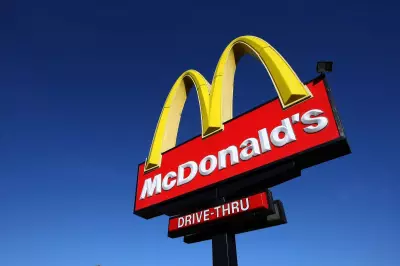
Shadow Chancellor Rachel Reeves has issued a stark warning that the planned National Insurance (NI) tax hike could exacerbate the cost-of-living crisis, pushing food prices even higher this autumn.
Speaking to the Daily Mail, Reeves highlighted concerns that the tax increase, set to take effect later this year, will place additional financial strain on households already grappling with soaring inflation. "This is the worst possible time to raise taxes on working people," she said.
Why Food Prices Could Rise
The NI hike is expected to impact businesses across the supply chain, from farmers to supermarkets. Many fear these added costs will inevitably be passed on to consumers, leading to steeper grocery bills.
- Higher production costs: Farmers and manufacturers facing increased NI contributions may raise wholesale prices.
- Transport and logistics: Haulage firms could increase delivery fees to offset the tax burden.
- Retail pressure: Supermarkets may be forced to adjust pricing to maintain profit margins.
Government Response Under Scrutiny
Reeves criticised the government for failing to address the broader economic fallout of the tax change. "Ministers are ignoring the ripple effect this will have on everyday essentials," she argued.
With inflation already at a 40-year high, economists warn that any additional pressure on household budgets could deepen the crisis. The Bank of England has projected further price rises in the coming months, compounding fears over affordability.
What’s Next?
As autumn approaches, pressure is mounting on the Treasury to reconsider the NI increase or introduce targeted support for low-income families. Meanwhile, opposition leaders like Reeves are calling for alternative solutions to fund public services without penalising consumers.
The debate is set to intensify as Parliament returns from recess, with MPs on all sides demanding clarity on how the government plans to mitigate the impact.





